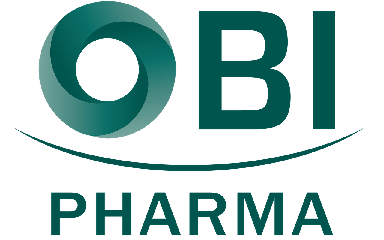Globo-H (GH), a globo-series glycosphingolipid antigen that is synthesized by key enzymes β1,3-galactosyltransferase V (β3GalT5), fucosyltransferase (FUT) 1 and 2, is highly expressed on a variety of epithelial cancers rendering it a promising target for cancer immunotherapy. GH-targeting antibody-drug conjugate has been demonstrated an excellent tumor growth inhibition potency in animal models across multiple cancer types including Gastric cancer (GC). This study aims to further investigate the GH roles in GC. Significant correlations were observed between high mRNA expression of GH-synthetic key enzymes and worse overall survival (OS)/post-progression survival for GC patients based on the data from “Kaplan-Meier plotter” database (n=498). The level of GH expression was evaluated in clinical adenocarcinoma samples from 105 patients with GC by immunohistochemistry based on H-score. GH expression (H score ≥ 20; 33.3%) was significantly associated with a poor disease specific survival (DSS) and invasiveness in all samples with P=0.029 and P=0.013, respectively. In addition, it is also associated with shorter DSS and OS in poorly differentiated tumors with P=0.033 and P=0.045, respectively. Particularly, with patients ≥ 65 years of age, GH expression is also significantly associated with the stages (P=0.023), differentiation grade (P=0.038), and invasiveness (P=0.026) of the cancer. Sorted GC NCI-N87 cells with high level of endogenous GH showed higher proliferative activity compared with low-GH-expressing cells based on PCNA expression. Micro-western array analysis on high-GH-expressing GC cells indicated an upregulation in HER2-related signaling proteins including phospho-AKT/P38/JNK and Cyclin D1/Cyclin E1 proteins. Moreover, GH level was shown to be correlated with expression of total HER2 and caveolin-1 in GC cells. Immunoprecipitation study suggested that there are potential interactions among GH, caveolin-1, and HER2. In conclusions, GH level was significantly associated with the worse survival and disease progression in GC patients, especially in older patients. Enhanced cell proliferation activity through interactions among GH, HER2, and caveolin-1 interactions may contribute to GH induced tumor promotion signaling in GC. GH-targeting therapy may be a viable option for the treatment of GC patients.
